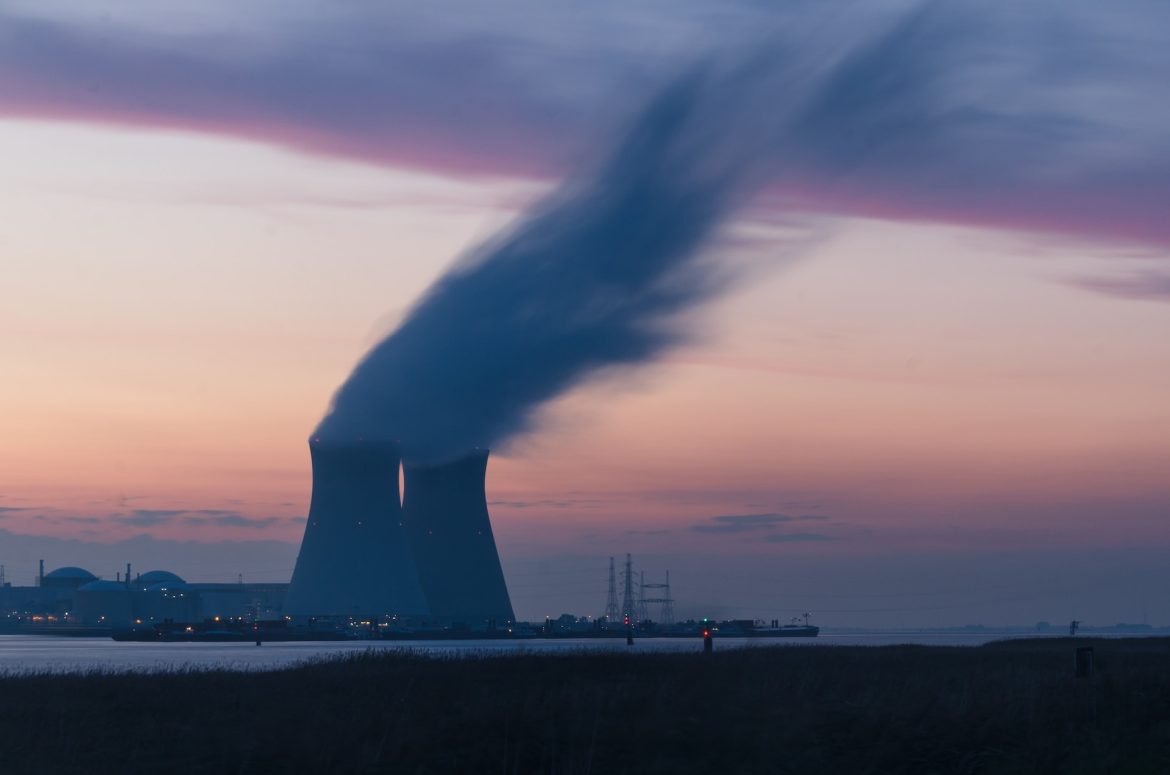South Africa, the third-largest economy and the highest primary energy consumer in Africa is set to launch a novel electricity transfer model by the end of next year, according to a top government official. The model, known as virtual wheeling, will allow consumers to buy renewable power from any producer anywhere in the country, using a technology platform that connects multiple buyers and sellers. This could significantly increase the use of renewable energy and ease the pressure on Eskom, the state-owned utility company that has been struggling with aging power plants and an overloaded transmission grid.
To prevent a grid collapse, Eskom has been forced to implement frequent and prolonged power cuts, sometimes up to 10 hours a day. These power cuts have disrupted businesses, industries, and households and hampered the country’s economic recovery. The utility also faces a huge debt burden and relies on government bailouts to stay afloat.
In August, Eskom signed an agreement with Vodacom, the African telecoms arm of Vodafone, to introduce virtual wheeling as a pilot project. Vodacom’s South Africa Chief Executive Sitho Mdlalose said this would help the company to run its 15,000 network sites on renewable power, reducing its reliance on diesel generators and battery backups. He added that this would also lower its carbon footprint and operational costs.
The Minister of Electricity, Kgosientsho Ramokgopa, said the main goal of virtual wheeling was to protect the South African economy from total collapse. He said the government was committed to supporting the transition to a low-carbon energy system and creating a conducive environment for private sector participation. He also said virtual wheeling would create new opportunities for small and medium enterprises, local communities, and cooperatives to enter the renewable energy market.
South Africa has abundant renewable energy resources, especially solar and wind. The country has successfully scaled up its renewable power generation capacity through the Renewable Energy Independent Power Producers Procurement Programme (REI4P), which has attracted over $20 billion in investment since 2011. The program has also contributed to job creation, skills development, and socio-economic development in rural areas.
However, the country still relies heavily on coal for its electricity supply, which accounts for over 90% of its power generation. Coal is also the main source of greenhouse gas emissions in South Africa, which ranks among the top 20 emitters globally. The country has pledged to reduce emissions by 28% by 2030 and 42% by 2050 under the Paris Agreement.
Virtual wheeling could be a game-changer for South Africa’s electricity sector, as it could enable more efficient use of existing infrastructure, reduce transmission losses and congestion, enhance grid stability and reliability, and diversify the energy mix. It could also empower consumers to choose their preferred source of electricity and benefit from competitive prices.
According to Onicah Rantwane, a distribution network analyst at Eskom, virtual wheeling is expected to be operational by the end of 2024. She said Eskom and Vodacom were working on developing the technical and regulatory aspects of the model, as well as engaging with other stakeholders such as municipalities, regulators, and producers.
South Africa is not the first country to explore virtual wheeling as a way to boost renewable energy uptake. Countries like India, Mexico, and Chile have also implemented similar schemes with varying degrees of success. However, South Africa’s initiative could be a pioneering example for other African countries facing similar electricity sector challenges.
With virtual wheeling, South Africa could potentially achieve its renewable energy targets faster and cheaper than expected. It could also pave the way for a more sustainable, resilient, and inclusive energy future for its people.
Source: Reuters



